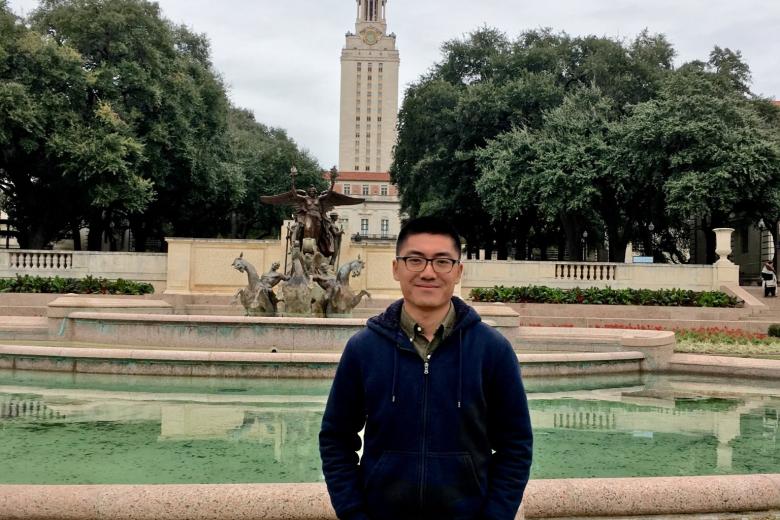AI-powered curation and publishing of personal health data
A European consortium of 14 partners, coordinated by Maastricht University, has received €7.7 million euros in funding to streamline the curation and publishing of personal health data with the help of artificial intelligence. Ultimately, such improved health data management can support preventive and personalized medicine, as well as clinical research.
The European Commission has set itself an ambitious goal: by 2030, citizens shall have full possession of their data, including health data, and have the necessary skills for making competent decisions about that data. However, reuse of personal health care data is particularly difficult. Due to a host of challenges, much of the available personal health data is neither curated nor reusable for advanced algorithms supporting preventive and personalised medicine and clinical research.
The new research project AIDAVA (for “AI-powered Data Curation & Publishing Virtual Assistant”) has set out for a quantum leap in automating personal health data curation and publishing by orchestrating multiple Artificial Intelligence (AI)-based solutions. These solutions will focus on fundamental questions regarding data quality, data interoperability, trustworthiness of automation, language diversity, and reusability of already collected data.
Automating the I and the R of FAIR health data
The AIDAVA team consists of academic, clinical and technology partner institutions complemented by patient organisations and two associated partners. The team will design and develop an AI-powered data curation assistant (called AIDAVA), develop novel data curation and publishing tools, test and assess the value and acceptance of the AIDAVA prototype for maintaining breast cancer registries and longitudinal health records for patients with cardiovascular diseases, and develop a sustainable approach to utilise the AIDAVA across healthcare facilities and systems in three countries.
Central to the project is the concept of the FAIR Guiding Principles, co-founded in 2016 by Distinguished Professor Michel Dumontier and PI at Maastricht University for AIDAVA. These principles require data to be findable, accessible, interoperable and reusable. In the case of personal health data, this is highly labour-intensive. AIDAVA will therefore focus on automating the I and the R part – the interoperability and reusability – of the FAIRification process.
AIDAVA formally started on 1 September 2022 and is kicking off its activities with a first meeting taking place in Maastricht, the Netherlands, on 5 October 2022. In addition to the Institute of Data Science, which takes on the role of coordinator, the consortium includes the Maastricht-affiliated Department of Precision Medicine and the Clinical Data Science research group.
For more information and the full press release, see www.aidava.eu.
Also read
-
Municipality of Heerlen, Parkstad Urban Region and UM invest 6 million in collaboration
Heerlen grants a one-time contribution of €1,478,050 to Maastricht University as part of the Regio Deal application ‘Fundament onder UM-onderwijs in Heerlen’. This amount comes from the Fonds Economische Structuurversterking (FES). The funding will help establish university education facilities in...

-
Dutch Research Council rewards three Maastricht research proposals
The Dutch Research Council (NOW) has decided that within the so-called ENW Open competition XS research programme, 28 projects will receive funding. Three of those projects are headed by a UM scientist.

-
NWO grant for UM research into deep learning
Guangzhi Tang, Assistant Professor, Faculty of Science and Engineering, Department of Advanced Computing Sciences van de Universiteit Maastricht receives a grant for his project Brain-inspired MatMul-free Deep Learning for Sustainable AI on Neuromorphic
